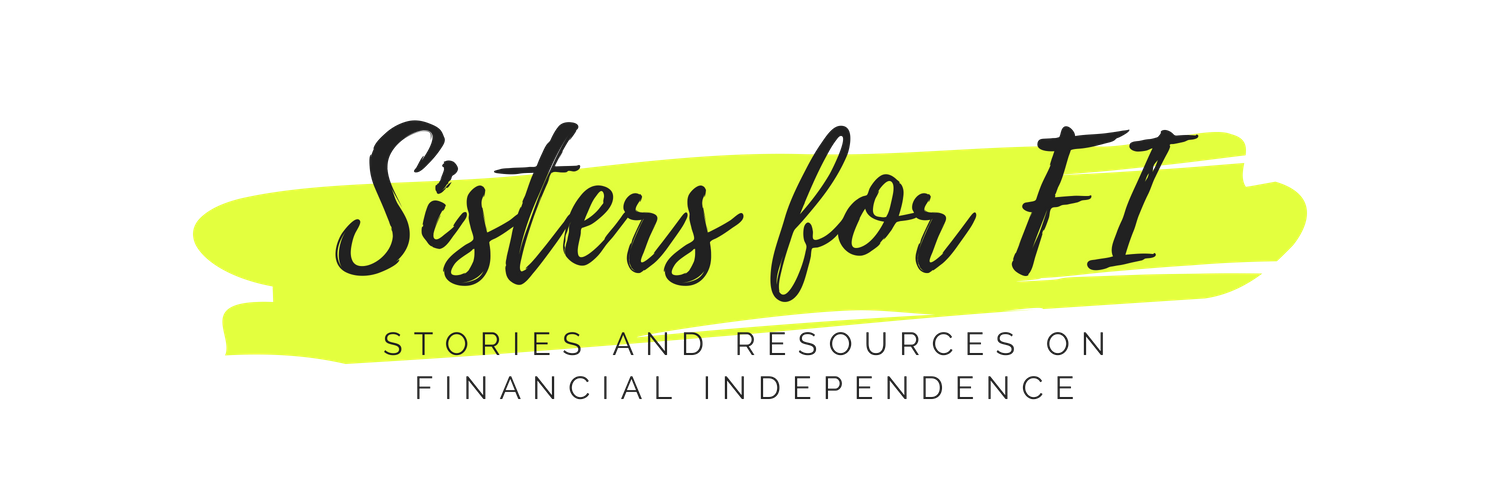5 Ways Journaling Can Help Improve Your Finances
If you've ever thought about keeping a money journal, but have never followed through, this post is for you!
Journaling is a simple practice, yet it can be a powerful tool to help you process everything that's going on in your life. 15 minutes, a pen and paper, and a few prompts are all you need to start a journaling practice. And it is a practice. It takes time to build a habit of writing and reflecting.
When it comes to your finances, journaling about your money fears, money habits, and money opportunities can help you become more aware of the impact of money on your life.
We all need money. There is no way around it, but if you struggle to grasp how to make more, keep more, or just be a better steward of your money, journaling can help you.
While I personally created The Money Journal to provide more structure when reflecting on your money mindset and habits, your favorite notebook and pen can be a great place to start your journaling practice. Here are five ways journaling can help improve your finances.
Help You Become Financially Aware
Because financial education is not a mandatory subject in many schools, many of us lack some basic skills when it comes to budgeting, saving, and investing. Money is a tool and when we are armed with the right lessons, money can change our lives.
Use your journal to keep track of what you are learning about your personal money mindset, money habits, and money needs. Make a list of personal finance books to read so that you can get started learning more about money (recommendations here). Take notes of what you are learning and start keeping a list of money action items that you need to take like creating a debt-free plan or figuring out your FI number. Doing so will keep you focused and accountable. As they say, "the more you learn, the more you earn."
Help You Understand Needs vs. Wants
In a world where we are constantly bombarded with marketing and advertising telling us that we are not enough, we need this, or, we are missing out, it can become difficult to differentiate between needs and wants.
A great practice to start with your journal is to make a list of things you need and want, then spend time really diving into where that need or want came from. Oftentimes, when we take a step back to assess what's a true need vs. a true want, we find something completely different. Many of our wants are very fickle and we sometimes default to buying as a solution. With a list in hand, it's time to prioritize our spending so that we are using our money on things and experiences that actually bring us value.
Help You Create Better Money Habits
Our money habits are born out of repeated activity. It might be something you did as a child, an act passed on from a parent or something you picked up as an adult. Certain habits can keep you from living the life that you want.
When it comes to forming better money habits, start with tracking your expenses. For each expense, indicate what the emotional or situational trigger was for that purchase. Is that something you can change? And if you are ready to make that change, what new habit will you take on?
Help You Break Through Some Challenges
Sure, it's sometimes fun to share your goals and progress on social media, but sometimes there are some things you want to keep to yourself. Your journal is your safe space to do that. If you are facing a tough financial decision or need to have a heavy conversation regarding money, start by writing your thoughts down. Doing so can help you process heavy feelings, it can help you understand why certain emotions are coming and can help clarify decisions that need to be made.
Help You Practice Gratitude
Another area a money journal can help you with is the practice of gratitude. Save some pages of your journal to write down all of the things you are thankful for. You can do this on a daily or weekly basis. The goal is to appreciate the life that you have. You will likely see that some things money can't buy and some things were possible because of money.
My Favorite Journaling Tools
Five Star 3 Subject Spiral Notebooks(classic and simple)
Kraft Blank Travel Journals (light and easy)
5 Ways Journaling Can Help Improve Your Finances








